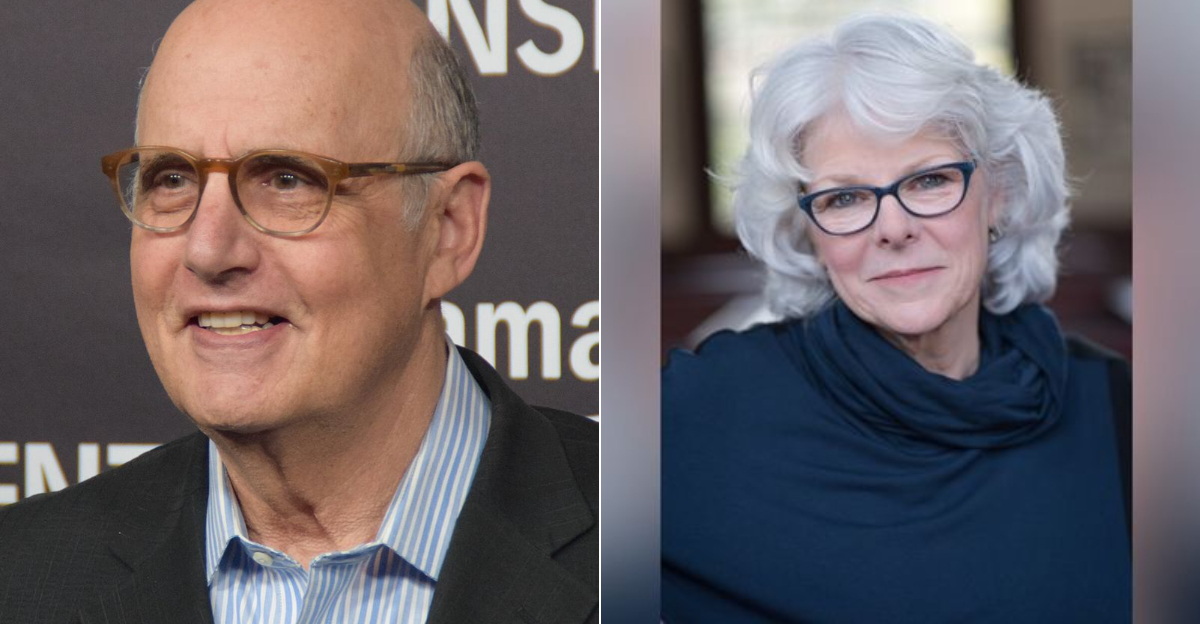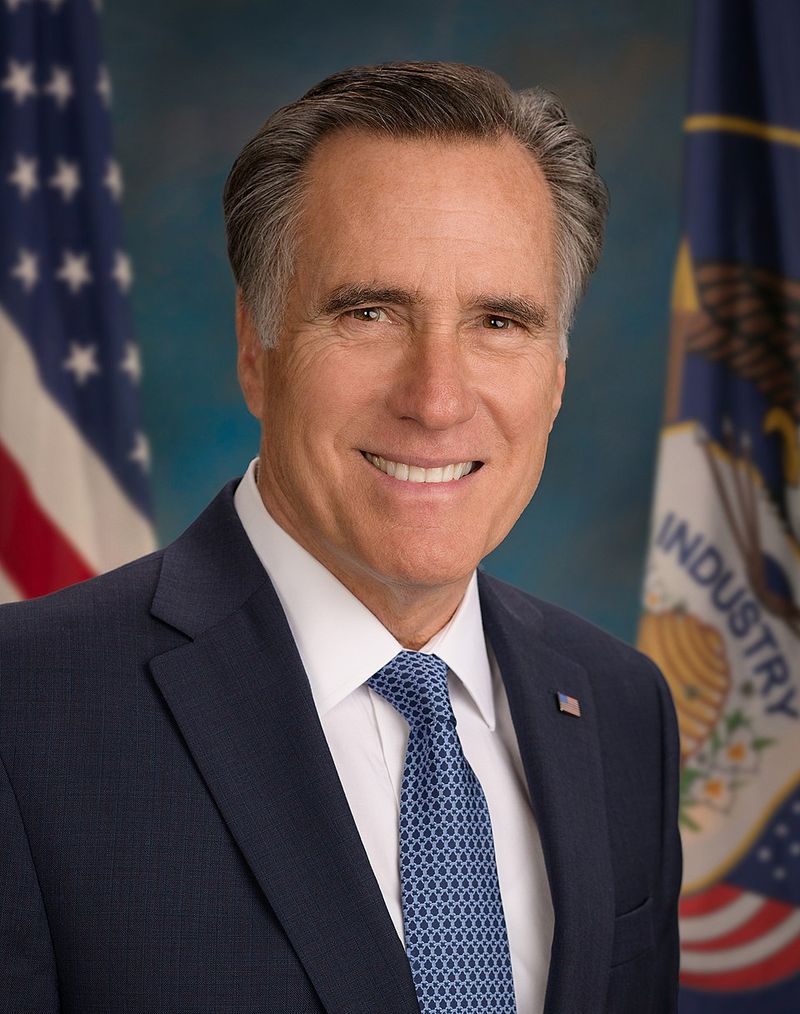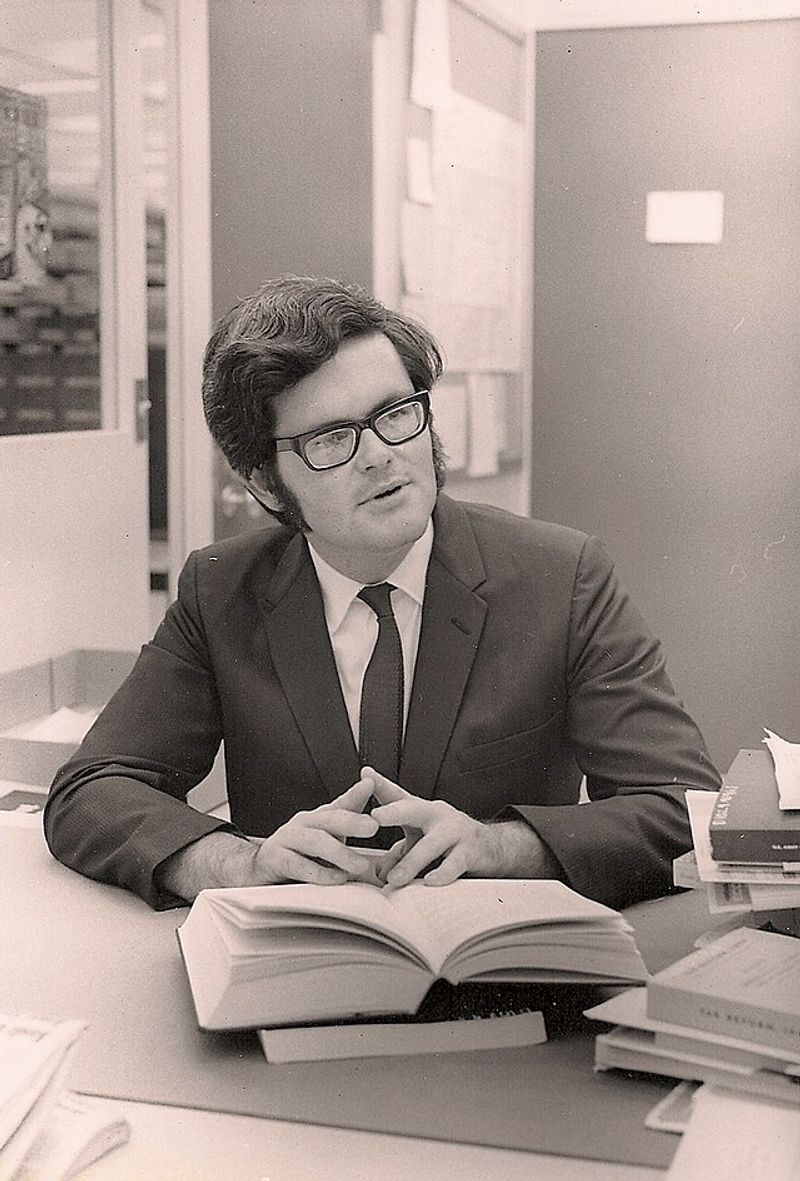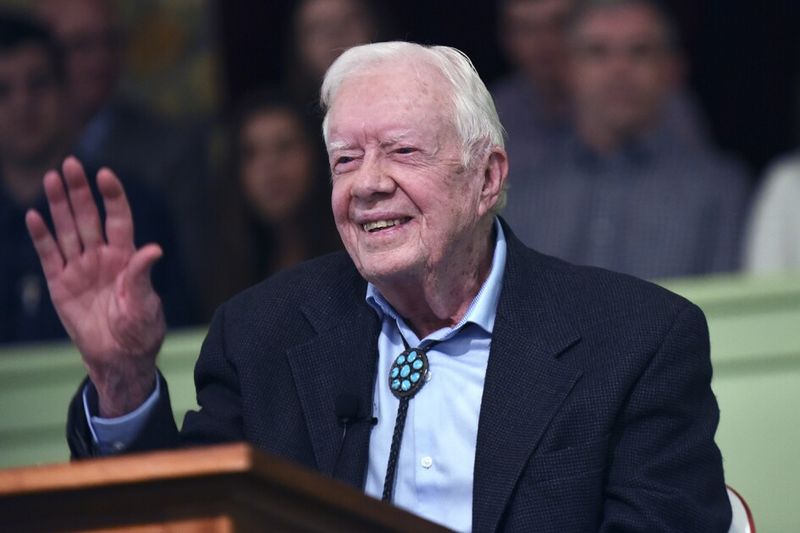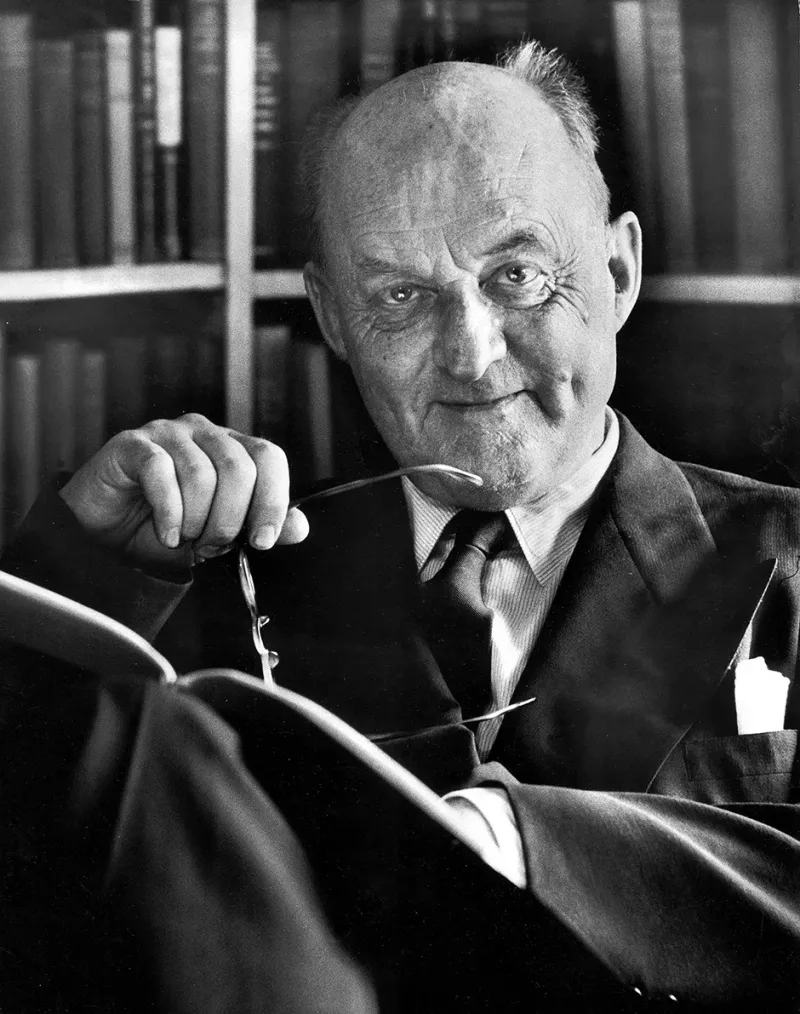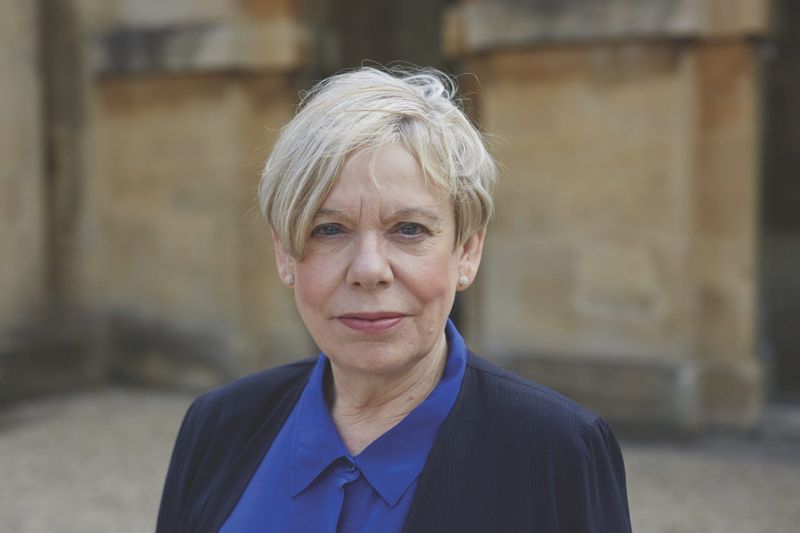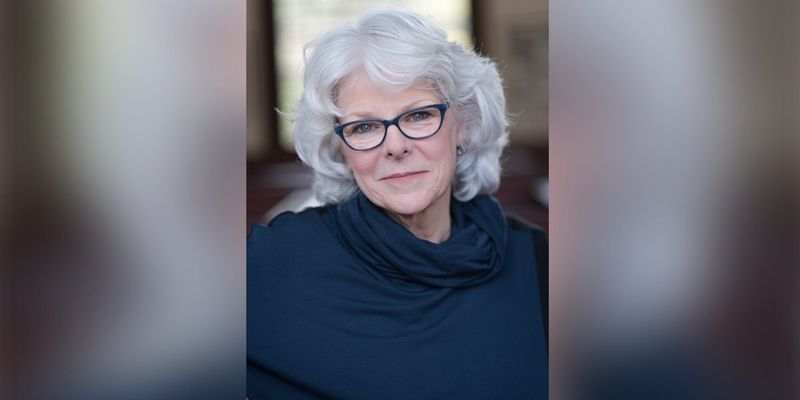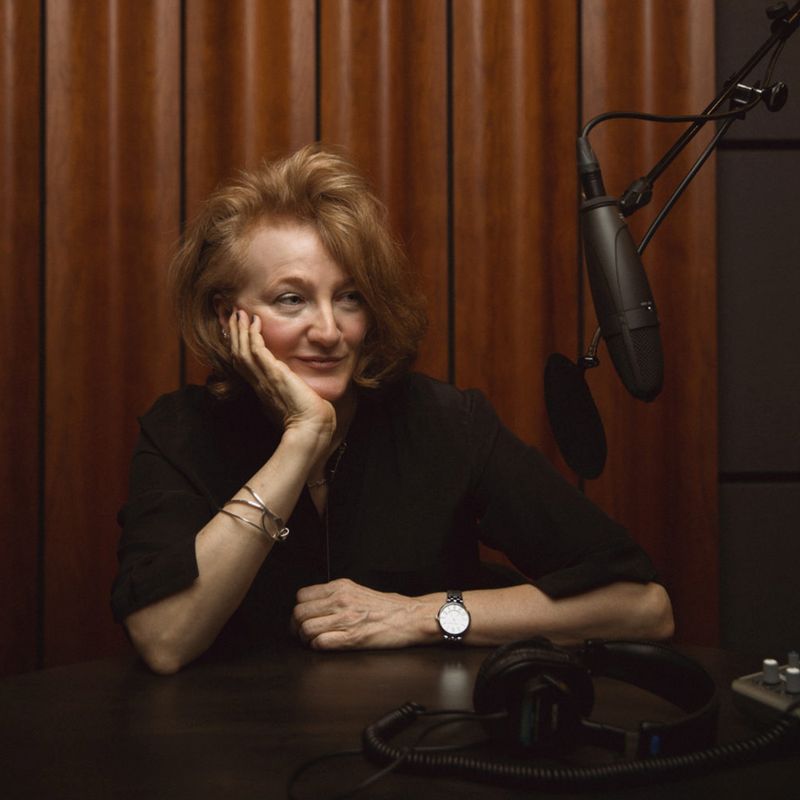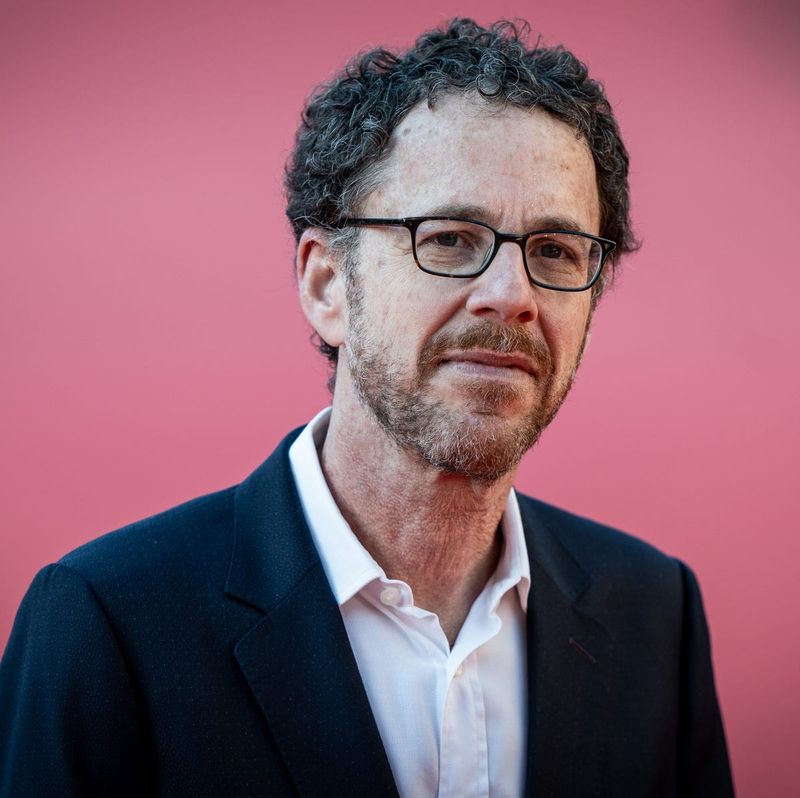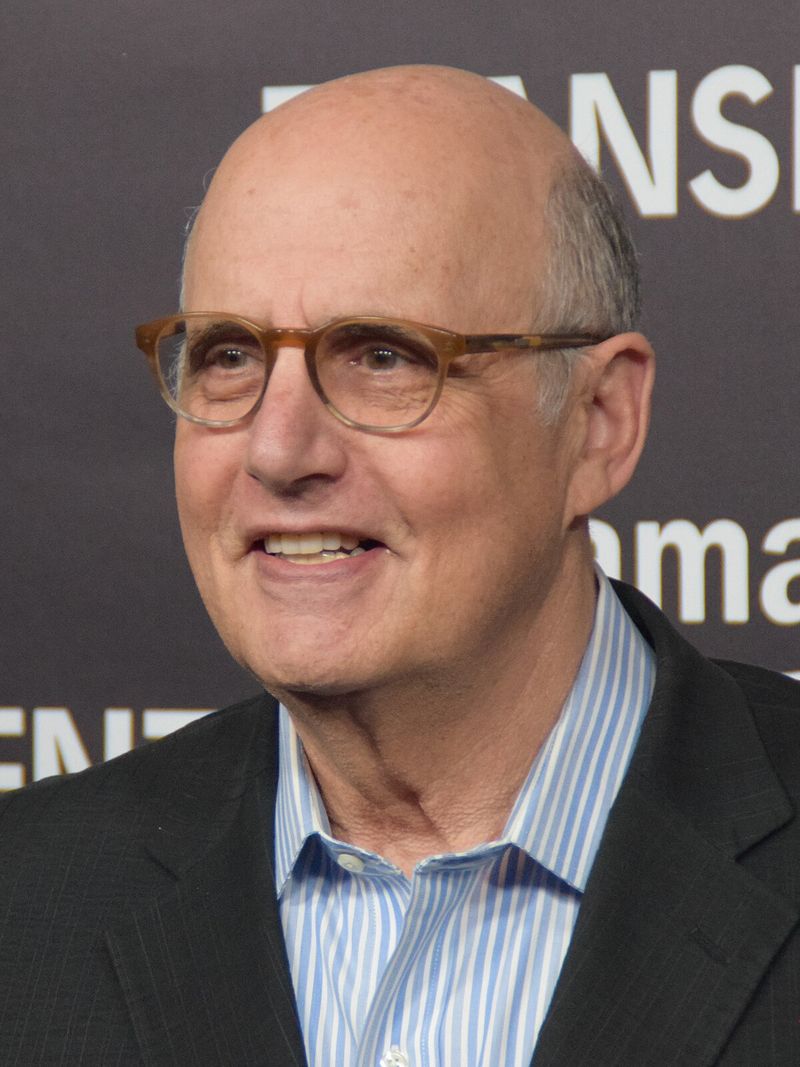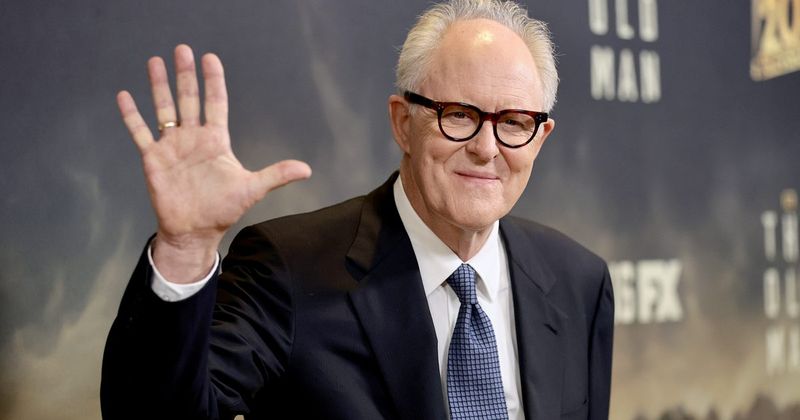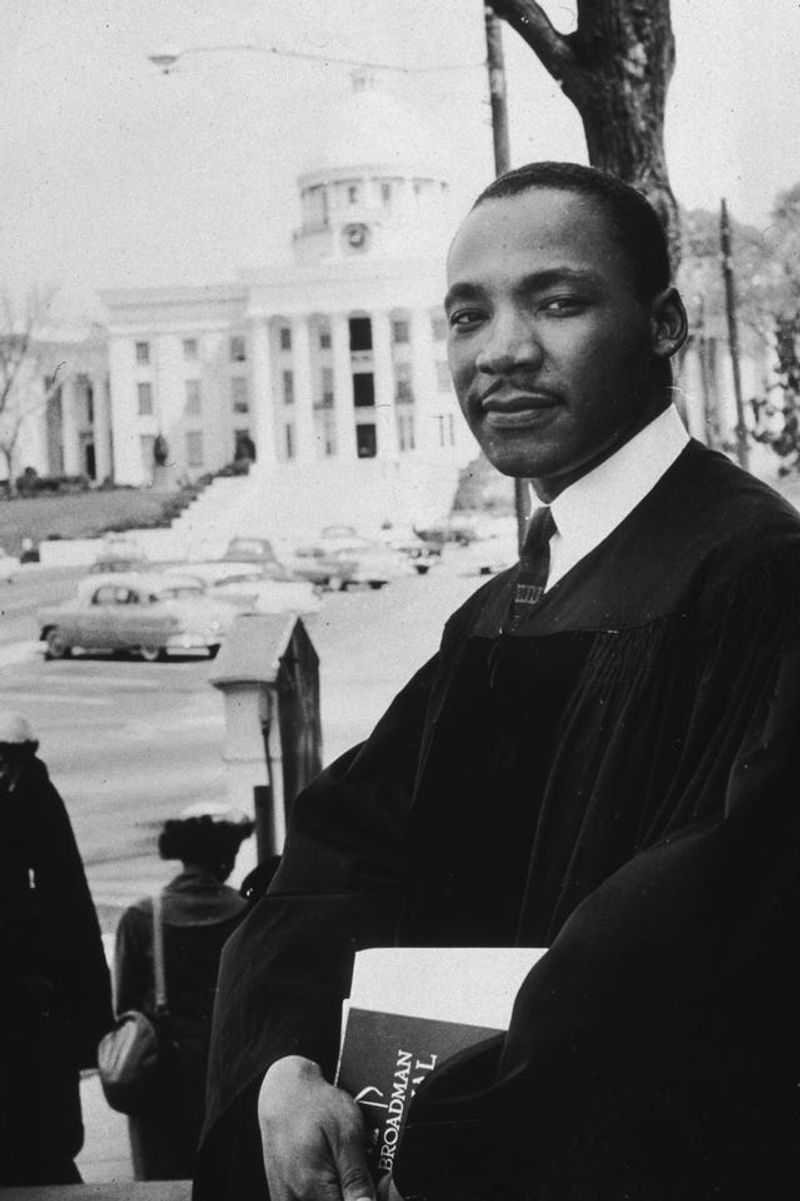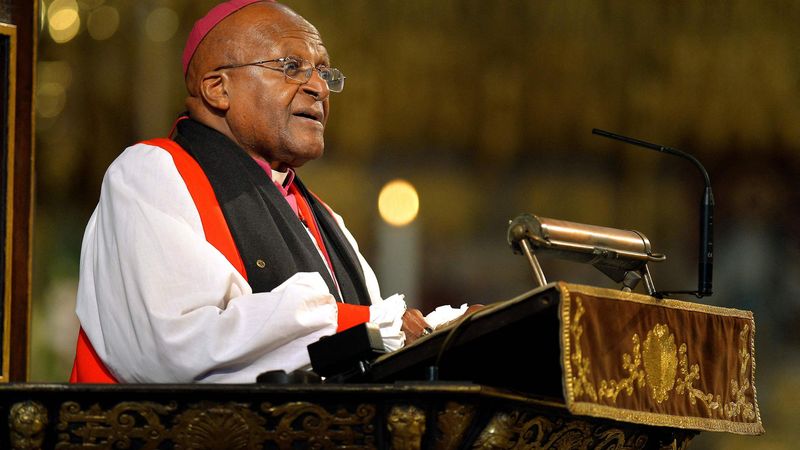Behind some of the world’s most influential voices and creative minds lie educational backgrounds you might not expect. Religion degrees have shaped the thinking of leaders, artists, and change-makers across different fields. These thirteen individuals took their religious studies and applied them in ways that transformed politics, entertainment, academia, and social justice movements worldwide.
1. Mitt Romney – Political Path Shaped by Faith
The polished politician who nearly claimed the White House in 2012 built his foundation on religious studies. At Brigham Young University, Romney combined English and Religion coursework, reflecting his deep Mormon roots.
His religious education wasn’t just academic—it prepared him for missionary work in France during his college years. Those formative experiences shaped his leadership approach as Massachusetts governor and presidential candidate.
Romney’s religious background often surfaced during his campaigns, highlighting how academic religious study can influence public service and policy perspectives.
2. Newt Gingrich – Historian with Religious Focus
Few know that before revolutionizing congressional politics, Gingrich immersed himself in religious history at Emory University. His BA in History emphasized religious movements and their impact on American society.
This academic foundation later influenced his political philosophy and writings. Throughout his career as Speaker of the House, Gingrich frequently referenced historical religious contexts when framing modern political debates.
His religious education provided him with a unique lens through which he viewed policy decisions, particularly regarding traditional values and faith-based initiatives in government programs.
3. Jimmy Carter – Naval Officer Turned Religious Scholar
Before becoming America’s 39th president, Carter’s educational journey included significant religious coursework at the U.S. Naval Academy. Though he eventually focused on science and engineering, his religious studies left an indelible mark.
Carter’s famous Sunday School classes, which he still occasionally teaches in his 90s, demonstrate the lasting impact of his religious education. His post-presidency humanitarian work reflects principles he studied decades earlier.
The former president’s bestselling books on faith reveal how his early religious education continued to shape his worldview long after leaving the White House.
4. Reinhold Niebuhr – The Theologian Who Influenced Presidents
The brilliant mind behind the famous “Serenity Prayer” transformed American religious thought after his theology studies at Yale Divinity School. Niebuhr’s religious education launched him into becoming one of America’s most influential theological voices of the 20th century.
Presidents from Kennedy to Obama have cited his works. His concepts about moral individuals operating in immoral societies challenged both liberal and conservative thinking.
Niebuhr’s academic religious training enabled him to bridge philosophical divides between secular and religious perspectives, making him relevant to political leaders across generations.
5. Elaine Pagels – Uncovering Christianity’s Hidden Texts
A revolutionary voice in religious scholarship, Pagels earned her PhD in Religion from Harvard before transforming our understanding of early Christianity. Her groundbreaking work on the Gnostic Gospels opened new windows into Christianity’s diverse origins.
Princeton University recognized her brilliance, appointing her to their faculty where she continues illuminating ancient religious texts. Pagels brings academic rigor to religious studies while making complex theological concepts accessible to general readers.
Her personal experiences with tragedy, which she explores in her memoir “Why Religion?”, add emotional depth to her scholarly religious perspective.
6. Karen Armstrong – From Nun to Religious History Authority
Armstrong’s journey from Catholic nun to world-renowned religious historian began with her theology studies at Oxford. After leaving convent life, she channeled her religious education into becoming one of today’s most respected voices on comparative religion.
Her bestselling books explore connections between major faith traditions with remarkable clarity. Armstrong’s Charter for Compassion initiative applies her religious knowledge toward promoting interfaith understanding globally.
Despite her academic credentials, she writes for everyday readers, making complex religious history accessible through her straightforward, jargon-free approach to world religions.
7. Barbara Brown Taylor – The Preacher Who Writes Bestsellers
Taylor’s religion major at Emory University laid the groundwork for her remarkable dual career as Episcopal priest and celebrated author. Her elegant writing about faith questions has earned her a spot on TIME’s list of most influential people.
After years in parish ministry, she turned her religious education toward crafting books that speak to believers and skeptics alike. Her memoir “Leaving Church” explores the complicated relationship between institutional religion and personal faith.
Taylor’s academic religious training shines through her nuanced exploration of darkness, doubt, and wonder in spiritual life.
8. Krista Tippett – The Voice Exploring Life’s Big Questions
The soothing voice behind NPR’s “On Being” developed her thoughtful interview approach through her Master’s in Theology from Yale Divinity School. Tippett’s religious education equipped her to discuss spirituality with scientists, poets, and religious leaders with equal depth.
Her Peabody Award-winning program reaches millions seeking meaningful conversations about faith and ethics. Before radio fame, she worked as a journalist and diplomat, experiences that complemented her theological training.
Tippett’s religious academic background allows her to ask profound questions that bridge spiritual traditions and secular perspectives in an increasingly divided world.
9. Ethan Coen – From Religious Studies to Oscar Gold
Half of the legendary Coen Brothers filmmaking duo, Ethan’s creative journey began surprisingly with religious studies at Princeton University. His academic exploration of religion later influenced the moral universes depicted in films like “A Serious Man” and “True Grit.”
Religious themes of judgment, redemption, and cosmic justice frequently appear in the Coen Brothers’ distinctive storytelling. Critics have noted how Ethan’s religious education surfaces in the ethical dilemmas faced by characters across their filmography.
His Princeton religious studies provided intellectual foundations for the philosophical questions that make Coen Brothers films so much more than typical Hollywood fare.
10. Jeffrey Tambor – Actor with Theological Depth
The versatile actor known for “Arrested Development” and “Transparent” began his journey with religious studies at San Francisco State University. Tambor’s BA in Religion gave him philosophical tools that later enhanced his ability to portray complex characters.
His portrayal of Maura Pfefferman in “Transparent” demonstrated remarkable sensitivity to religious and identity questions. Though controversies later affected his career, critics acknowledged how his academic background in religion contributed to his nuanced performances.
Tambor occasionally referenced his religious studies when discussing how he approached characters wrestling with moral dilemmas and personal transformation.
11. John Lithgow – From Religious Studies to Hollywood Star
Before becoming one of Hollywood’s most versatile actors, Lithgow studied religion at Harvard University. Though he eventually switched to drama, that early religious education informed his approach to character development throughout his career.
His remarkable range—from comedic roles in “3rd Rock from the Sun” to chilling performances in “Dexter”—reflects an understanding of human nature partly shaped by religious studies. Lithgow’s portrayal of Winston Churchill in “The Crown” demonstrated his ability to capture the moral complexity of historical figures.
He’s mentioned how studying religious texts helped him appreciate the narrative power of great stories.
12. Martin Luther King Jr. – Civil Rights Icon Grounded in Theology
The thunderous voice that changed America received extensive religious training alongside his sociology degree at Morehouse College. King later earned his PhD in Theology from Boston University, giving him both the moral authority and intellectual framework to lead the civil rights movement.
His famous speeches seamlessly blend religious concepts with democratic ideals. King’s “Letter from Birmingham Jail” reveals how thoroughly his academic religious training informed his approach to social justice.
Religious language and concepts became powerful tools in King’s hands as he challenged America to live up to its highest ideals through nonviolent resistance.
13. Desmond Tutu – The Archbishop Who Healed a Nation
South Africa’s moral compass studied theology at King’s College London, education that prepared him to confront apartheid’s evils. Tutu’s religious training gave him the language and moral framework to advocate for reconciliation rather than revenge.
As chairman of South Africa’s Truth and Reconciliation Commission, he applied theological principles to national healing. His infectious laugh and colorful clerical shirts became symbols of hope during South Africa’s darkest days.
Tutu’s Nobel Peace Prize recognized how effectively he translated academic religious concepts into practical tools for social transformation and racial justice.
